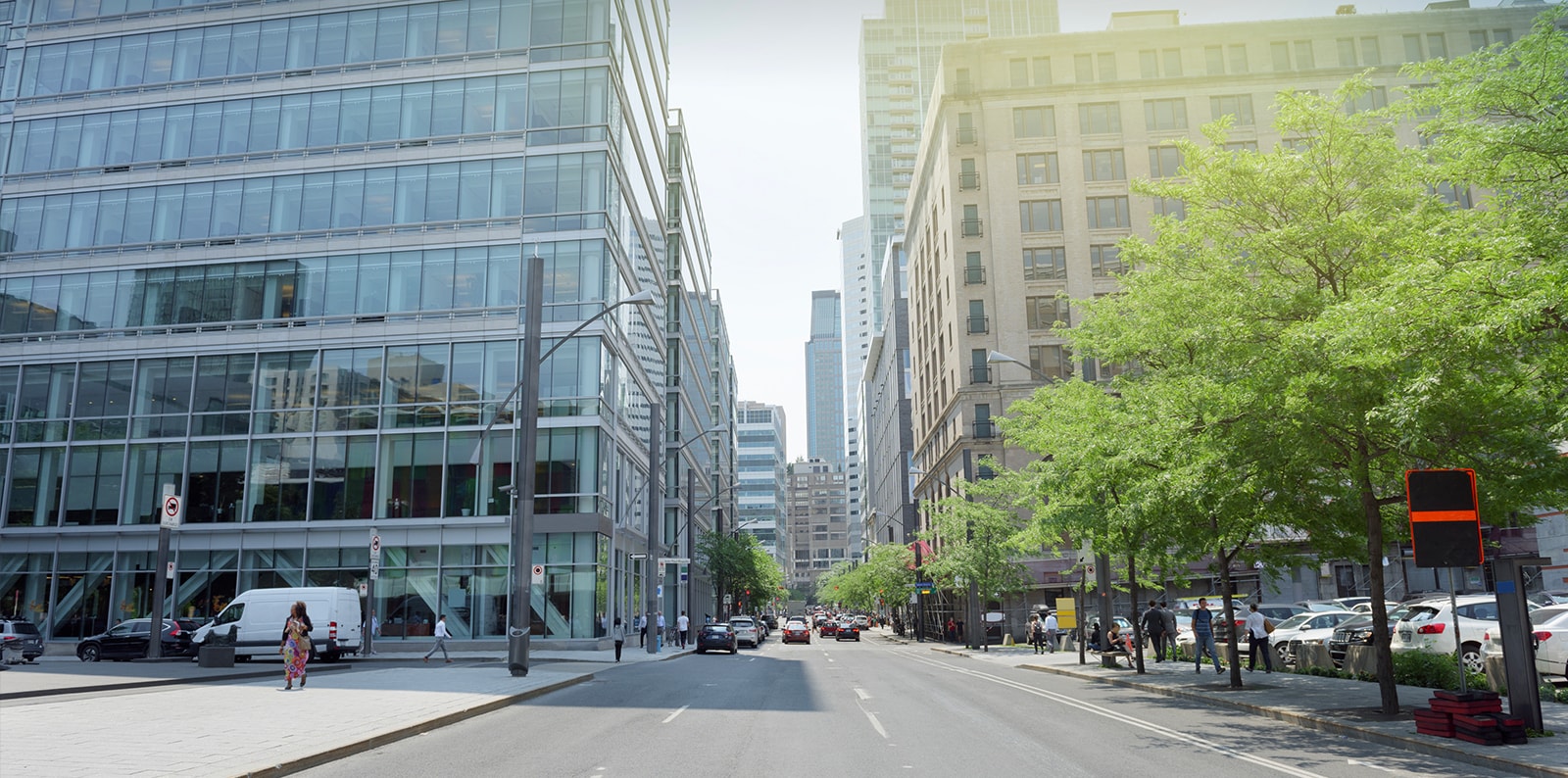Quebec’s housing crisis transcends the supply-and-demand narrative. Despite significant construction of residential units over the past decades, affordability remains a pressing issue due to skyrocketing rents. This underscores the critical need for more multifamily properties, particularly those offering affordable rental units.
Rents in Montreal have surged by 27% between 2020 and 2024, the lowest increase in Quebec, while other cities like Sherbrooke and Trois-Rivières have seen rent hikes of up to 50%. This disparity highlights the escalating affordability crisis, with inflation rising by 17% in the same period.
Against this backdrop, Montreal’s financial management has led to a $187.6 million surplus in 2023, allowing the administration to promise lower tax increases next year. Despite this surplus, the city faces challenges in balancing the 2025 budget due to projected revenue declines linked to slowing inflation. Increasing real estate transactions, particularly in multifamily properties, is seen as a key strategy to boost revenues and stabilize the market.
Moreover, Montreal’s cost of living has risen, as evidenced by its jump to the 118th position in Mercer’s global cost-of-living ranking, up from 135th last year. This increase reflects broader economic pressures, including housing costs, transportation, and other living expenses. Montreal remains relatively affordable compared to other global cities, offering a high quality of life, which includes safety, infrastructure, and a strong social network, but needs to stay the course in order to avoid climbing higher on the rankings.
Nationally, Canadian real estate trends show a mixed picture. While national data from the Canadian Real Estate Association (CREA) indicates a decline in home prices, this trend is largely driven by significant price drops in Ontario and Nova Scotia. Outside these provinces, most markets, including Quebec, have seen price growth. This discrepancy underscores the localized nature of real estate markets and the importance of considering regional dynamics.
For Quebec, the combination of increasing rents, rising living costs, and the need for more affordable housing points to the necessity for strategic public and private investments. Ensuring a balanced development approach that prioritizes multifamily properties and affordable rental units is crucial. Policymakers and industry stakeholders must collaborate to address these challenges effectively, ensuring that housing developments meet the needs of all residents.
In summary, the current state of Quebec’s housing market calls for a comprehensive approach to address affordability and accessibility. By focusing on the development of multifamily properties and ensuring strategic public investments, we can work towards a more equitable housing market. Your insights and perspectives on these issues are invaluable—how do you think Quebec can best address these challenges?
Let’s continue the conversation and explore solutions together. Join us at Votre Equipe Immobilier in making a difference in Quebec’s commercial real estate landscape.


